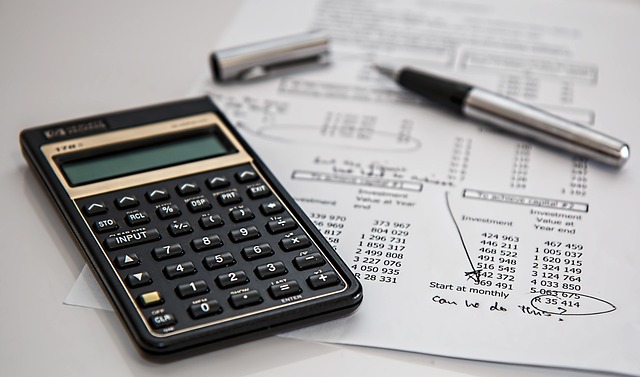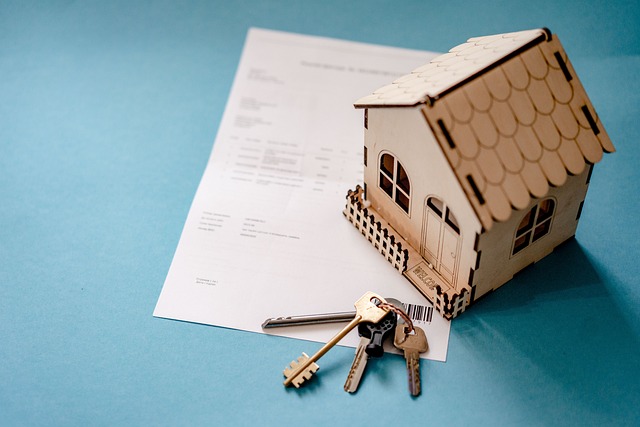 14 Jun, 2025
14 Jun, 2025
QuickBooks for Landlords
Landlords in the UK face multiple challenges in managing their rental income, expenses, and taxes for all their properties. In 2025, it will be a common practice for landlords to utilise QuickBooks for their business processes. If you own a property in the UK that needs to be managed financially, this blog will guide you on using QuickBooks for Landlords in 2025 and ways to improve it.
What is QuickBooks?
QuickBooks is an accounting tool that helps manage income, expenses, and all financial data in one place. It is easy to use through a computer or a mobile and lets you:
Log rent payments
Monitor property expenses
Prepare for tax returns
View your profit or loss
Keep it all in one location
It's convenient if you only have one flat or a few investment flats. You don't even need to be an accountant to utilize it either – it's made for ease and ease of use.
Why Landlords Use QuickBooks in 2025
In the UK, tax rules have changed. Making Tax Digital (MTD) means landlords earning over £50,000 must send digital tax records to HMRC. By 2027, this will apply to those earning over £30,000, too. QuickBooks helps you do this without confusion or errors.
Most landlords are still using pen and paper or manually entering data into spreadsheets. All these methods are prone to errors or misplaced information. QuickBooks has it all locked up, backed up, and organized.
Key Features for Landlords
Below are the essential features that make QuickBooks helpful in 2025:
1. Track Rental Income and Expenses
You can enter how much rent you pay and any cash you spend on repairs, insurance, or maintenance. It's all in one place, and you can group by property or category.
2. Connecting to Bank Accounts
QuickBooks connects to your UK bank account. Rent income and expenses are automatically placed in there, so you never have to enter them manually. It also prevents errors.
3. Tracking Property by Property
You can work with each property separately. This lets you understand which properties earn more, which cost more, and where your money is going. This is great for multiple-property landlords.
4. HMRC Reports
QuickBooks creates simple-to-use tax reports. These show income, expenses, and profit in your Self Assessment or MTD reports. You can also export your records if your accountant asks for them.
5. Using the Mobile App
You can access QuickBooks on your phone. This means you can take a picture of a receipt, track expenses in real-time, and stay on top of your finances no matter where you are outside the house.
6. Receipt Storage
No more cluttered receptacle of receipts. Take a photo with the app, and QuickBooks will store it securely online. This is handy come tax season.
What's New in 2025?
QuickBooks is constantly enhancing landlords' equipment. In 2025, some of these new features include:
Smarter categorisation: It now suggests categories for new expenses.
Better bank syncing: Faster and more reliable bank updates.
Rental templates: Templates for routine landlord postings like "rent received" or "agent fees."
Rental templates: Pre-formatted templates for typical landlord postings like "rent collected" or "letting agent fees."
Overview in a flash: A dashboard to see income, expenses, and profit instantly.
These updates allow you to spend less time on admin and more time running your property.
How Much Does QuickBooks Cost in 2025?
QuickBooks has monthly plans. Here's a rough estimate for 2025:
Simple Start – from £14/month (suitable for one property)
Essentials – from £24/month (monitor multiple properties and add users)
Plus – from £34/month (includes project monitoring and advanced reports)
There is usually a 30-day free trial, and a discount for the initial months. Most landlords use Essentials or Plus based on their requirements.
Does QuickBooks Work for All Landlords?
Yes. QuickBooks is flexible enough for:
Landlords with one rental flat or house
Landlords with multiple houses
Landlords who prepare their own taxes
Those who employ letting agents but would like improved financial accounts
Even if you're new at landlordship, QuickBooks is simple to master. There are tutorials and help online as well.
Working With Letting Agents
If a letting agent receives the rent and looks after repairs, you can nonetheless use QuickBooks to:
Note the rent you receive net of agent fees
Register agent expenses as costs
Keep an eye on your income throughout the year
This keeps you in control of your investment and ready for tax time.
Real-Life Example
Suppose you own two flats in London. One is £1,500/month and the other £1,200/month. You pay £100/month for repairs and £80/month in agent fees.
With QuickBooks, you can:
Connect your bank to automatically record these transactions
Label rent to each property
Mark up repairs and fees as expenses
View monthly profit and loss
Your numbers are tax-ready at tax time, and you don't need to chase receipts.
Should You Use QuickBooks?
If you wish to:
Tidy up your finances
Don't make tax errors
Save effort and time
Comply with MTD
Then yes – QuickBooks is a smart choice.
It puts you in control, saves you stress, and is a worthwhile investment for the future.
Need Property Support Too?
At Property Management London, we assist numerous landlords who utilize QuickBooks for accounts. We provide complete property management, tenant screening, and legal advice. If you take care of your own accounts or require assistance, we can assist you.
Start Now
You can test QuickBooks for free. Or you can talk to your accountant or letting agent, and they will get it set up for you. The sooner you make the switch, the simpler your finances will be.
If you would like assistance with running your rental property in conjunction with your accounts, Property Management London is here to assist you.






